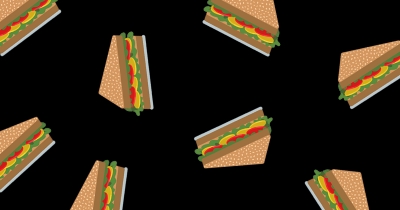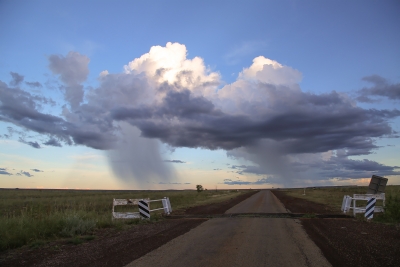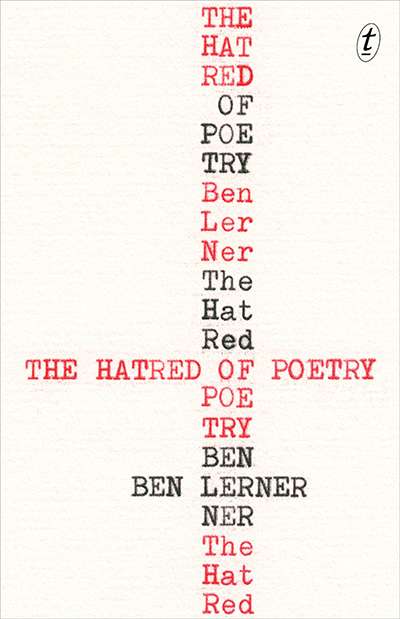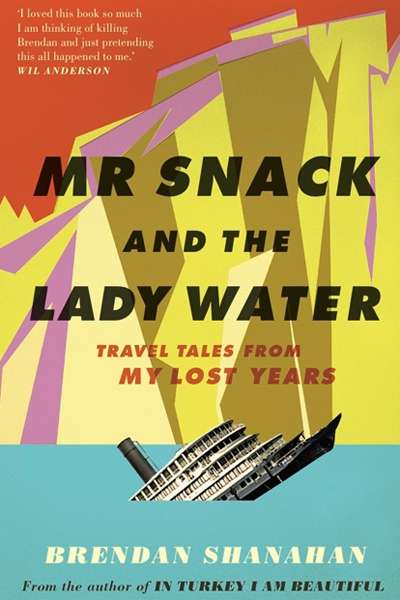Accessibility Tools
- Content scaling 100%
- Font size 100%
- Line height 100%
- Letter spacing 100%
Essay
The ABR Podcast
Released every Thursday, the ABR podcast features our finest reviews, poetry, fiction, interviews, and commentary.
Subscribe via iTunes, Stitcher, Google, or Spotify, or search for ‘The ABR Podcast’ on your favourite podcast app.
‘Where is Nancy?’ Paradoxes in the pursuit of freedom
by Marilyn Lake
This week on The ABR Podcast, Marilyn Lake reviews The Art of Power: My story as America’s first woman Speaker of the House by Nancy Pelosi. The Art of Power, explains Lake, tells how Pelosi, ‘a mother of five and a housewife from California’, became the first woman Speaker of the United States House of Representatives. Marilyn Lake is a Professorial Fellow at the University of Melbourne. Listen to Marilyn Lake’s ‘Where is Nancy?’ Paradoxes in the pursuit of freedom’, published in the November issue of ABR.
Recent episodes:
There’s a script for everything. Someone, voice wavering, says, ‘She’s dead’, and you say, ‘What?’ They say it again, and you say, ‘Oh, my god.’ You ask the usual questions, and then hang up and everything is incredibly quiet. You tell your boyfriend, and you both walk around the house trying to pack useful things: a sleeve of Valium, warm socks. You call your brother in London. He texts to say it’s five am there, can it wait? You call back. Before he even answers the phone, he knows.
... (read more)Andrew McGahan’s first novel, Praise (1992), concludes with its narrator, Gordon Buchanan, deciding – perhaps accepting is a better word – that he will live a life of contemplation. This final revelation is significantly ambivalent. The unresponsive persona Gordon has assumed throughout the novel is something of an affectation. On one level, he is playing the stereotypical role of the inarticulate Australian male, but his blank façade is also defensive; it is a cover for his sensitivity. For Gordon, life is less overwhelming in a practical sense than in an emotional sense. His true feelings are a garden concreted over for ease of maintenance. He feels that the defining quality of human relationships is doubt, and this doubt confounds expression. ‘I’m never certain of anything I feel about a person,’ he says, ‘and talking about it simplifies it all so brutally. It’s easier to keep quiet. To act what you feel. Actions are softer. They can be interpreted in lots of different ways, and emotions should be interpreted in lots of different ways.’
... (read more)Searing, mind-numbing grief at the loss of my partner of thirteen years was one thing, but such a breach of parking etiquette could not stand. The necessary adjustments were made, and the less serious business of grieving could begin. Later that day my sister weighed in. Her aid came in the form of fifteen ham-and-cheese sandwiches ...
... (read more)Nah Doongh was among the first generation of Aboriginal children who grew up in a conquered land. She was born around 1800 in the Country near present-day Kingswood, just south-east of Moorroo Morack, Penrith, and she lived until the late 1890s ...
... (read more)‘A mutinous and ferocious grace: Nick Cave and trauma’s aftermath' by Felicity Plunkett
It begins with a projected haze of ocean horizon. In this blurry liminal space, silence is misted with anticipation, like the moment before an echo comes back empty, right across the sea. Then a close-up of multi-instrumentalist Warren Ellis’s hands unpicking tranquillity’s fabric, each piano note a loosened stitch ...
... (read more)The University of Melbourne’s announcement on 30 January 2019 that Melbourne University Publishing would henceforth ‘refocus on being a high-quality scholarly press in support of the University’s mission of excellence in teaching and research’, which led to the resignations of its chief executive, Louise Adler ...
... (read more)As a freshwater ecologist, Alison Pouliot endeavours to understand the interplay of the processes that sculpt the Australian environment.
As an environmental photographer, she aspires to capture the intricacies and obscurities of these processes.
The insidious creeping nature of drought can sometimes lend itself more to images than words.
... (read more)Mary Cunnane, who has worked in the publishing industry since 1976, laments the laziness and irritation of those publishers who resent and underestimate unsolicited submissions from authors
... (read more)







